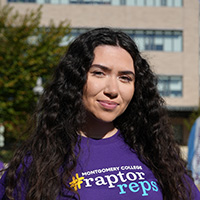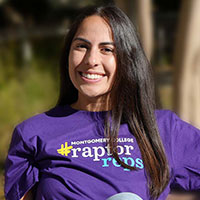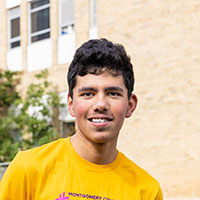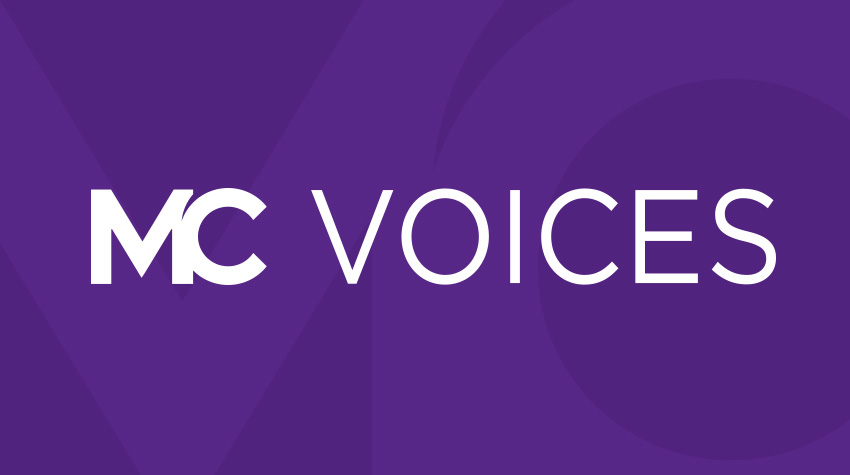Meet Our Raptor Reps! These talented student ambassadors bring the Montgomery College story to life! Through blogs, social media, and appearances in official marketing materials, our Raptor Reps share their unique MC experiences and perspectives. You’ll spot them at campus events, in photoshoots, and across MC’s channels — spreading school spirit, celebrating our vibrant community, and inspiring future Raptors.
Hometown: Lagos, Nigeria
Major: General Studies STEM
Hobbies: Outside the classroom, I’m probably in the kitchen cooking something new, at church helping with toddlers, or finding creative ways to laugh and make memories.
Hometown: Kumba, Cameroon
Major: Criminology
Hobbies: I am someone who also loves various sports like volleyball, handball, football (soccer) and table tennis.
Hometown: North Potomac, MD
Major: Behavioral Science and Radiologic (Sonography)
Hobbies: I Love to sing , read, model and write
Hometown: North Potomac, MD
Major: General Engineering
Hobbies: I’m passionate about innovation, problem-solving, and creating technologies that make a positive impact.
Hometown: PG County
Major: Communications
Hobbies: My passion is for bridging the socio-economic and color gap in the world of lacrosse.
Hometown: Vitória, ES, Brazil
Major: Engineering
Hobbies: I love planes, architecture, dogs, and hanging out with my friends and family!
Featured Posts
Finding Balance as a Student Leader
Being a student leader is one of the most rewarding parts of my college experience,…
The Start of My Fall Semester
Hi everyone! My name is Lirio Reyes Castro, and I am a second-year business major…
ECEC and Accessibility
This semester, I’m taking MATH 117 at the East County Education Center (ECEC). I had never…











